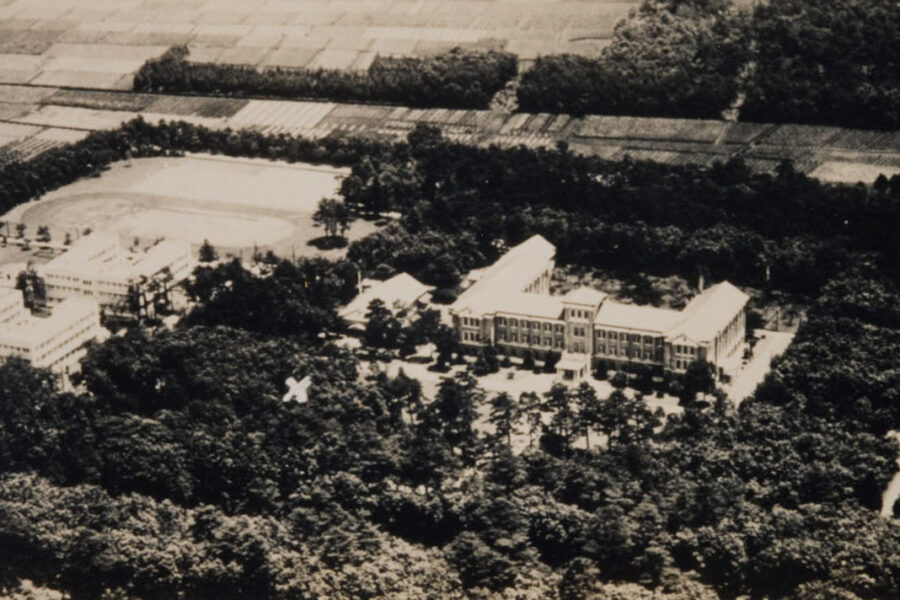Friends from Yonder Shores
Quakers, New York, and Women’s Education in Japan
Sweet, poignant memories surged through me, of a ‘cherry-tree of yonder shore’ growing in my mother’s village…To the many who have crossed to Yonder Shore, I make sincere acknowledgement for the help they gave me in different ways. If the story of my life brings the East and the West, particularly Japan and America, even a little closer to mutual understanding and appreciation, the greater credit is due to the friends along my path who have given candles for my lantern. – Michi Kawai
About the Exhibit
Connections between the Society of Friends and Japan go back more than a century and a half. Through missionaries and exchange students, philanthropists, government officials, academics, and others, the Quaker-Japan relationship has shaped not just the lives of individuals but also major areas of society.
And perhaps none of these more so than the field of education.
Presented and curated by the Digital Museum of the History of Japanese in New York, this exhibit will introduce how the connections between the Religious Society of Friends (the Quakers) and Japan influenced lives and institutions on both sides of the Pacific since the late 19th century.
Michi Kawai and Ai Hoshino, were women educators with ties to the Quakers and to New York who were able to use Occupation efforts to solidify the position of women and their access to equal education.


